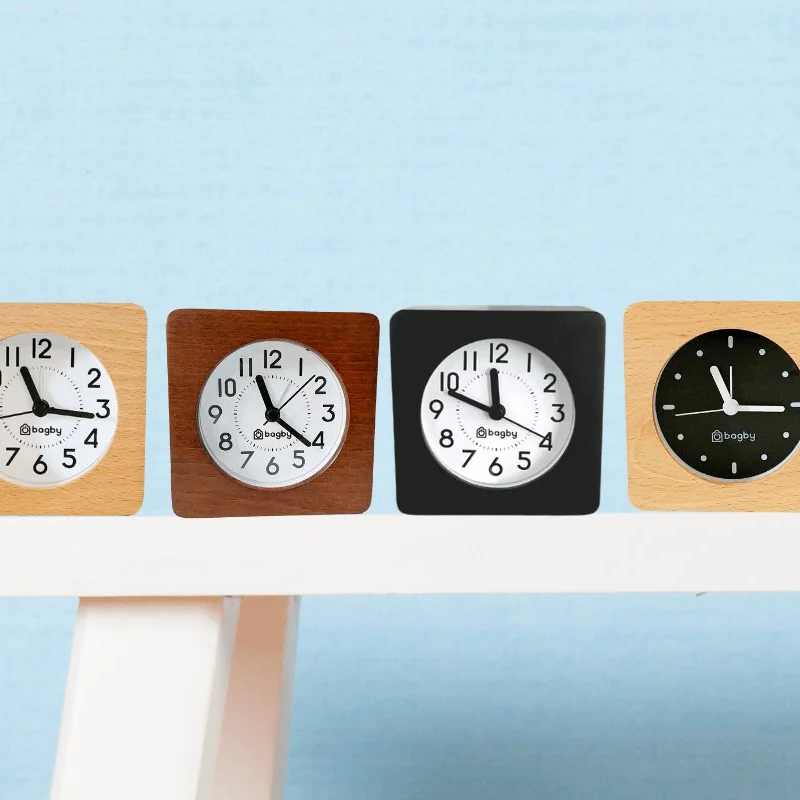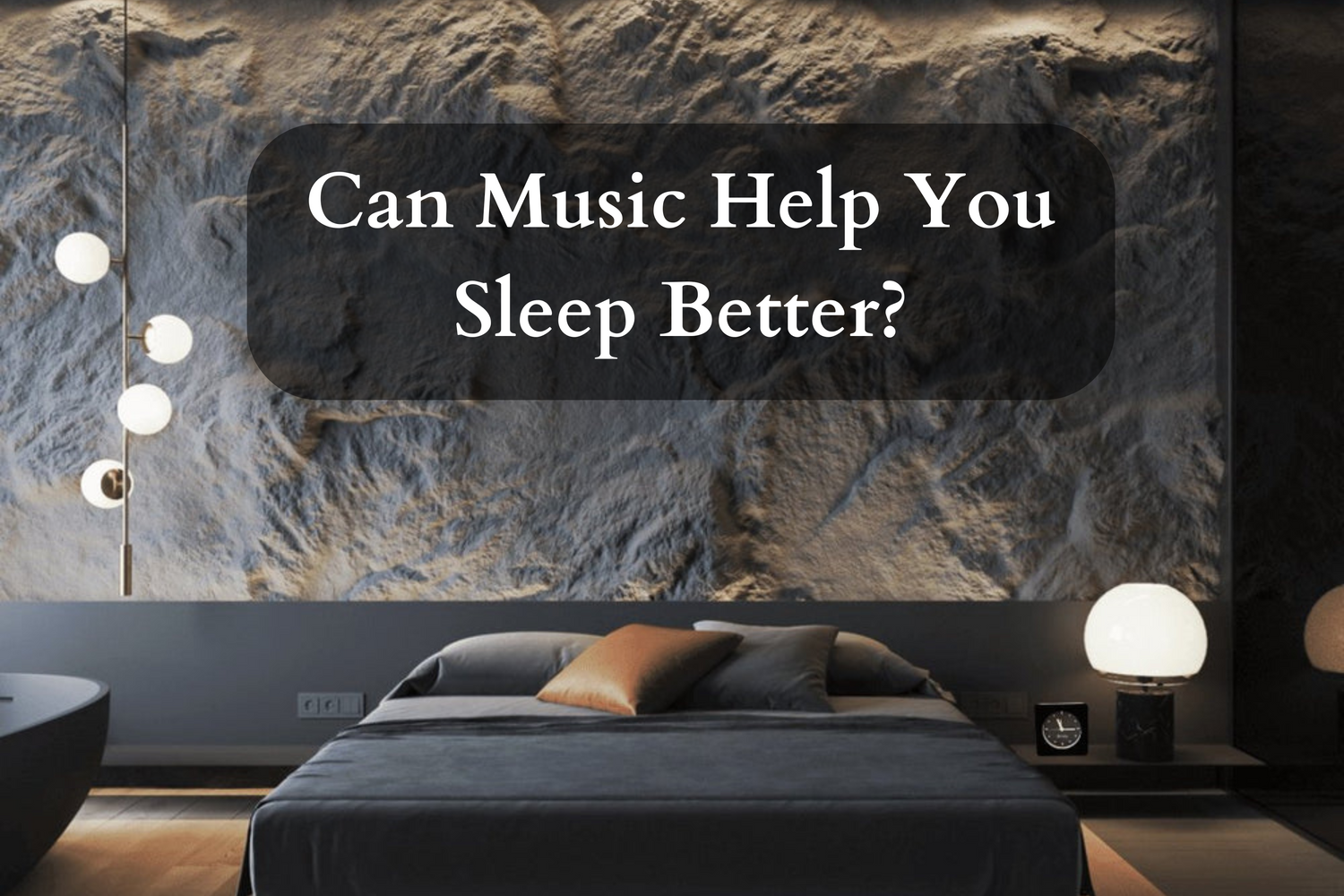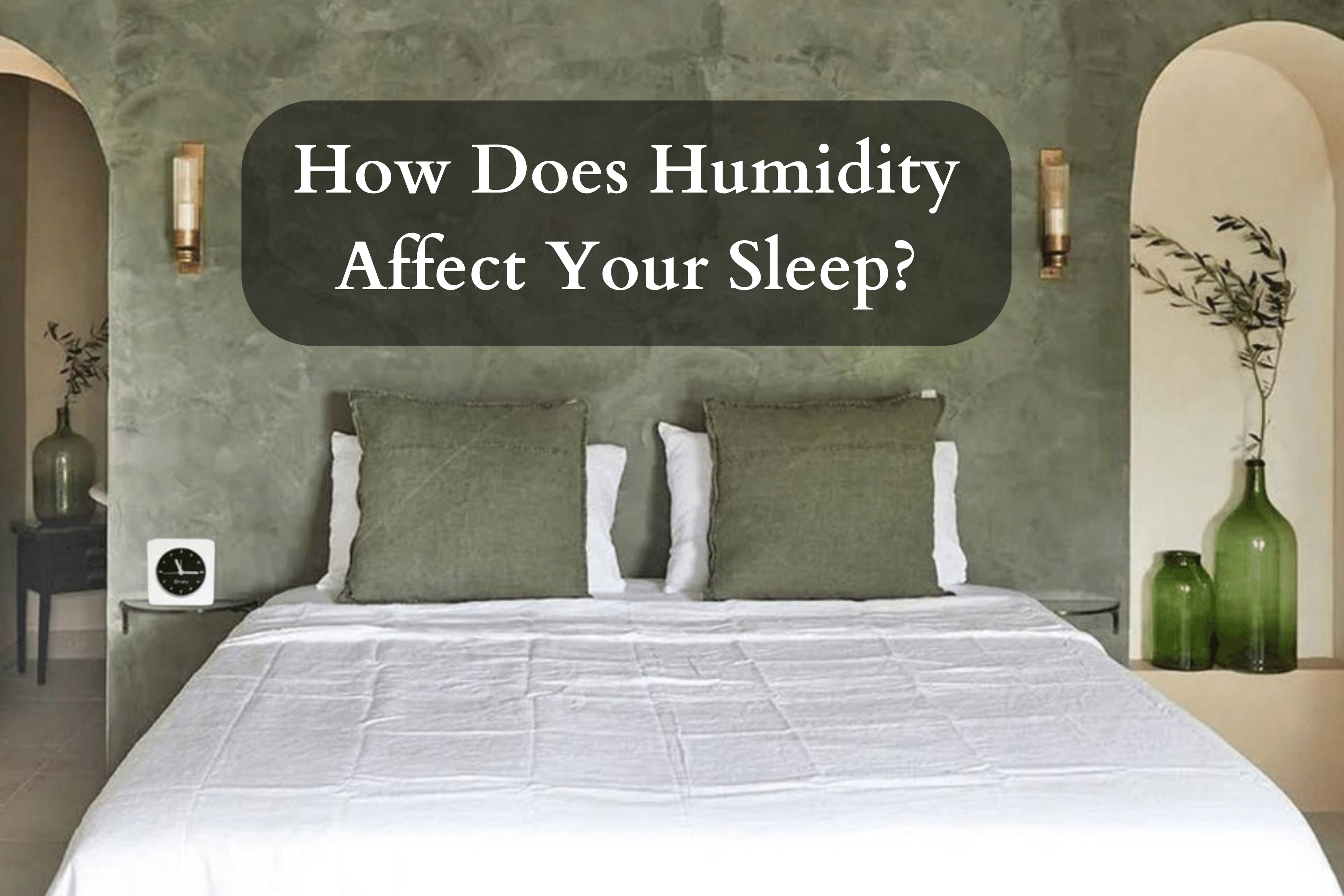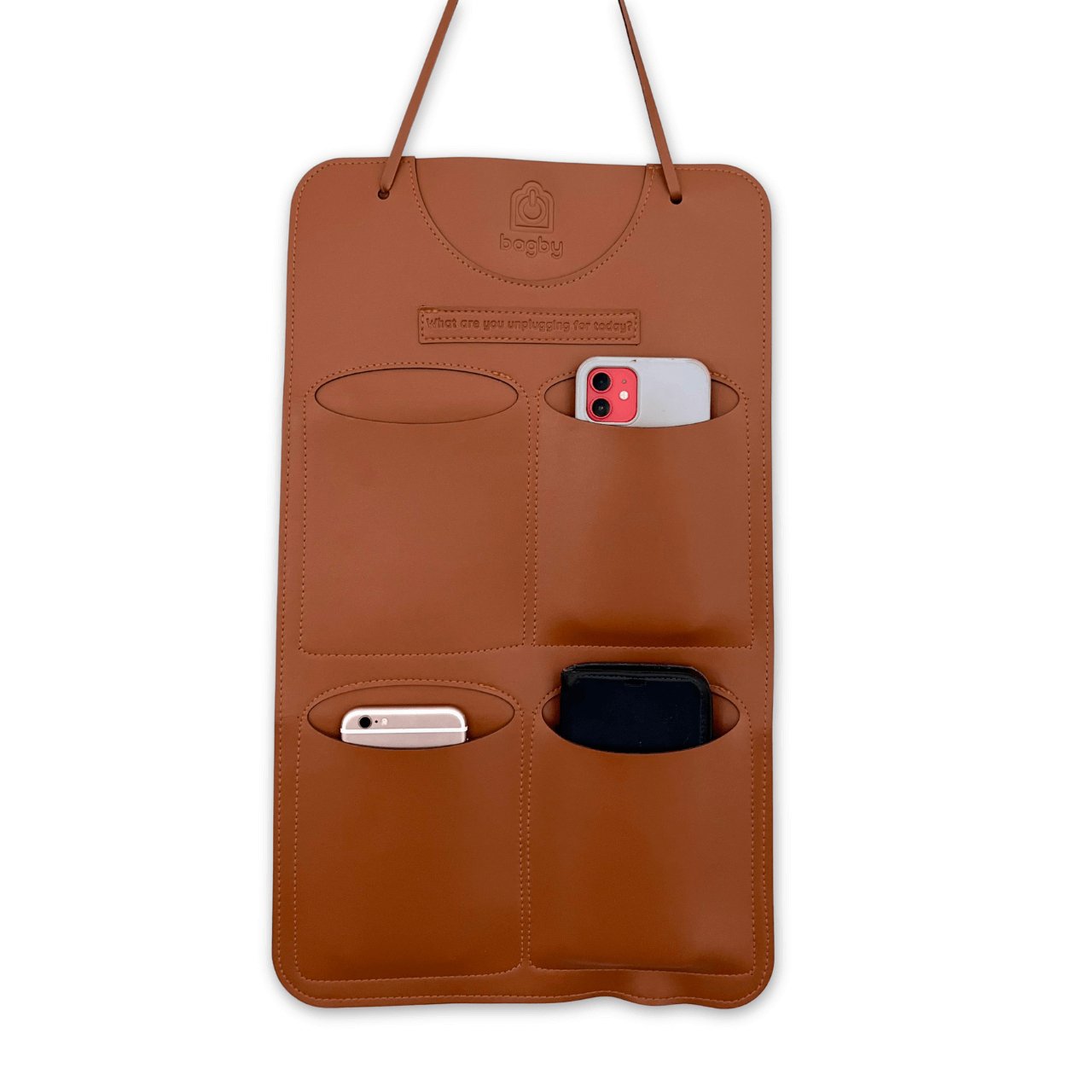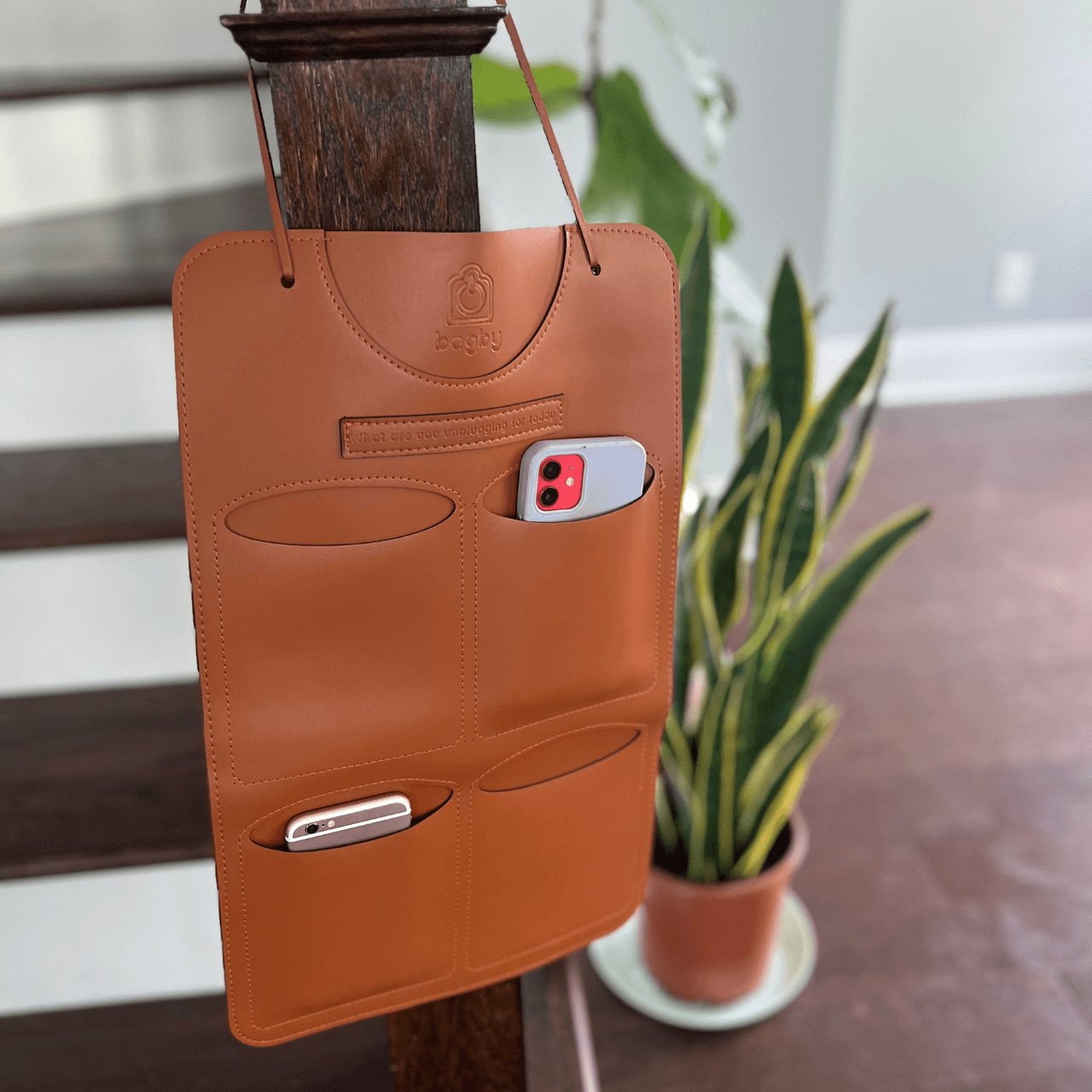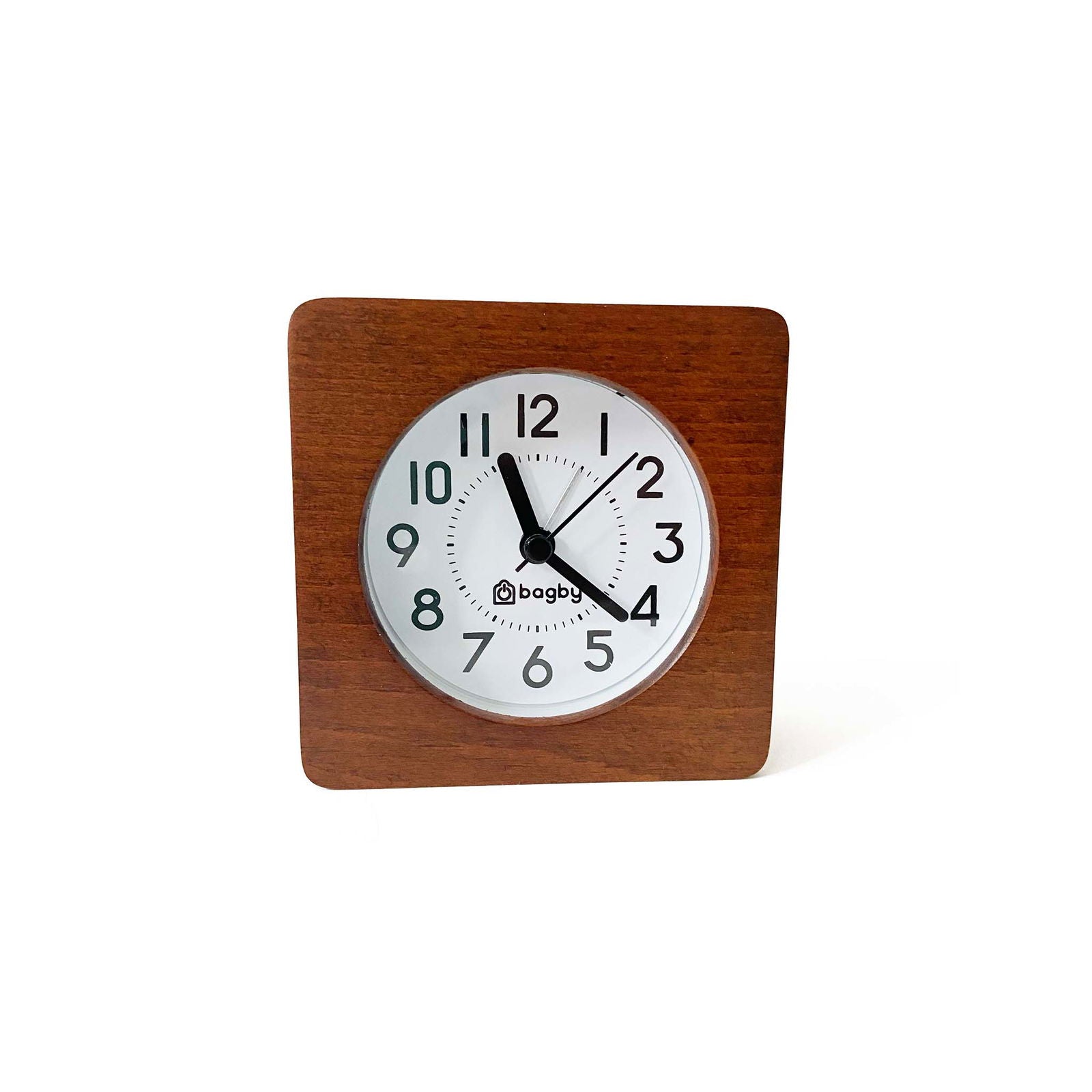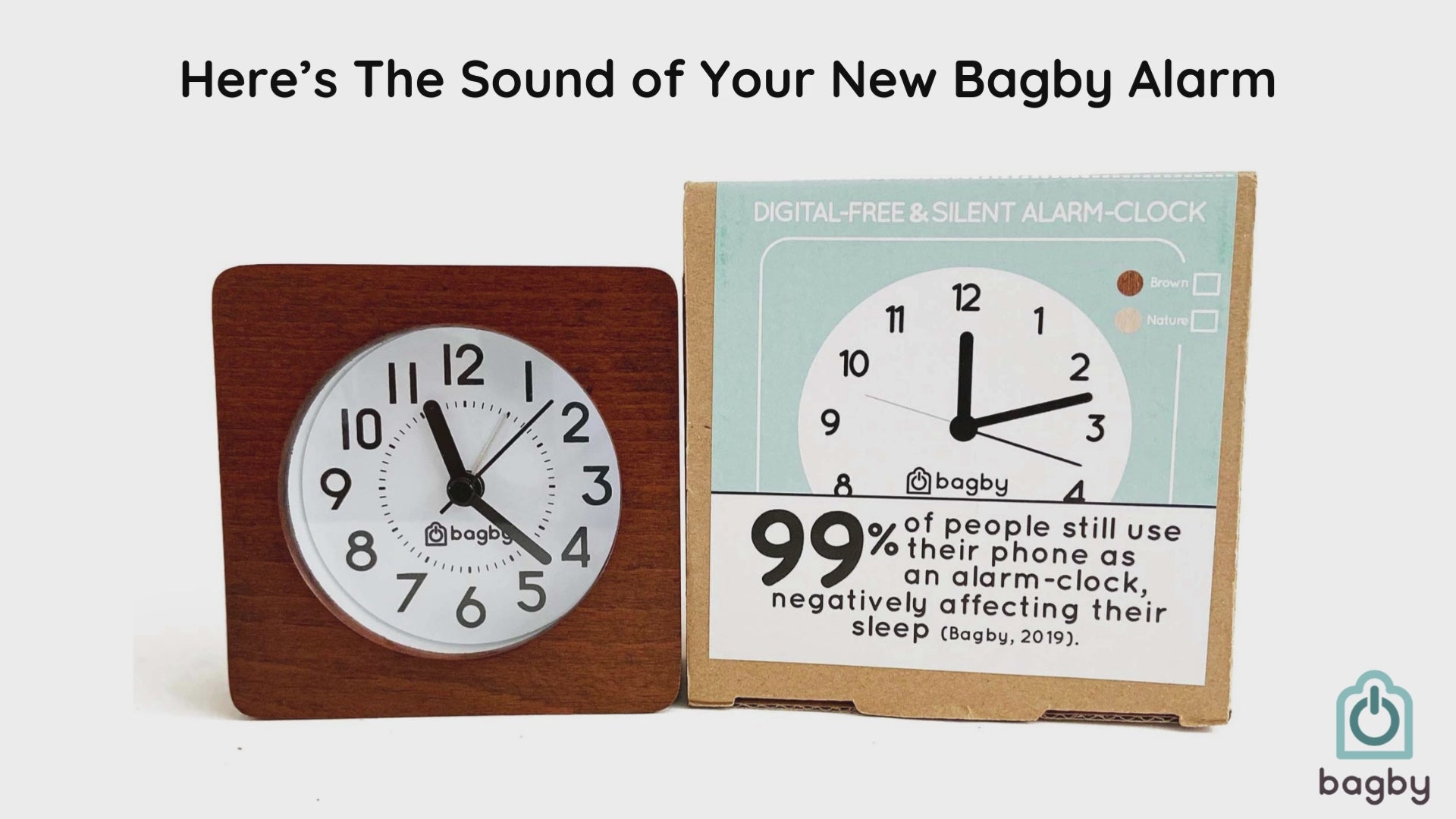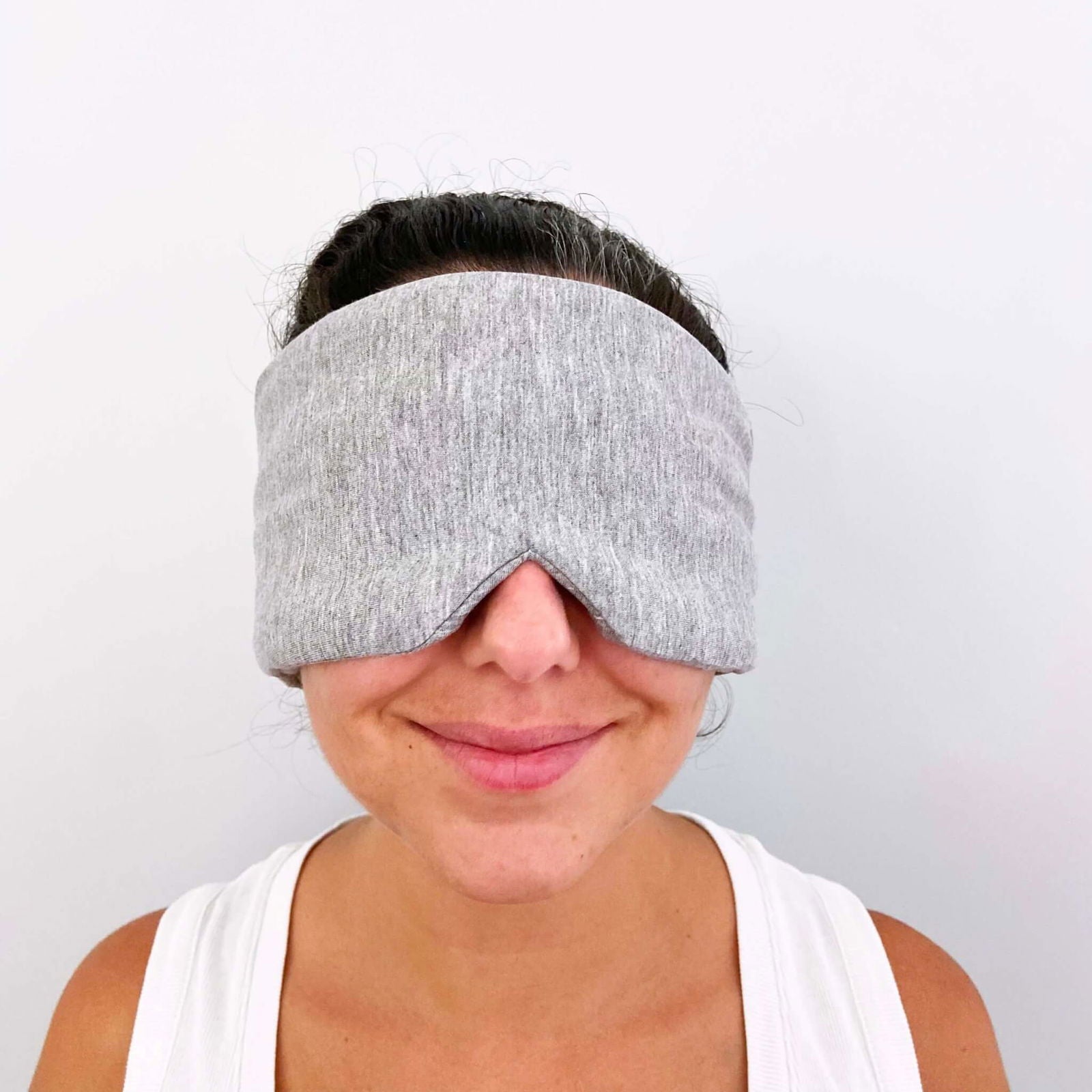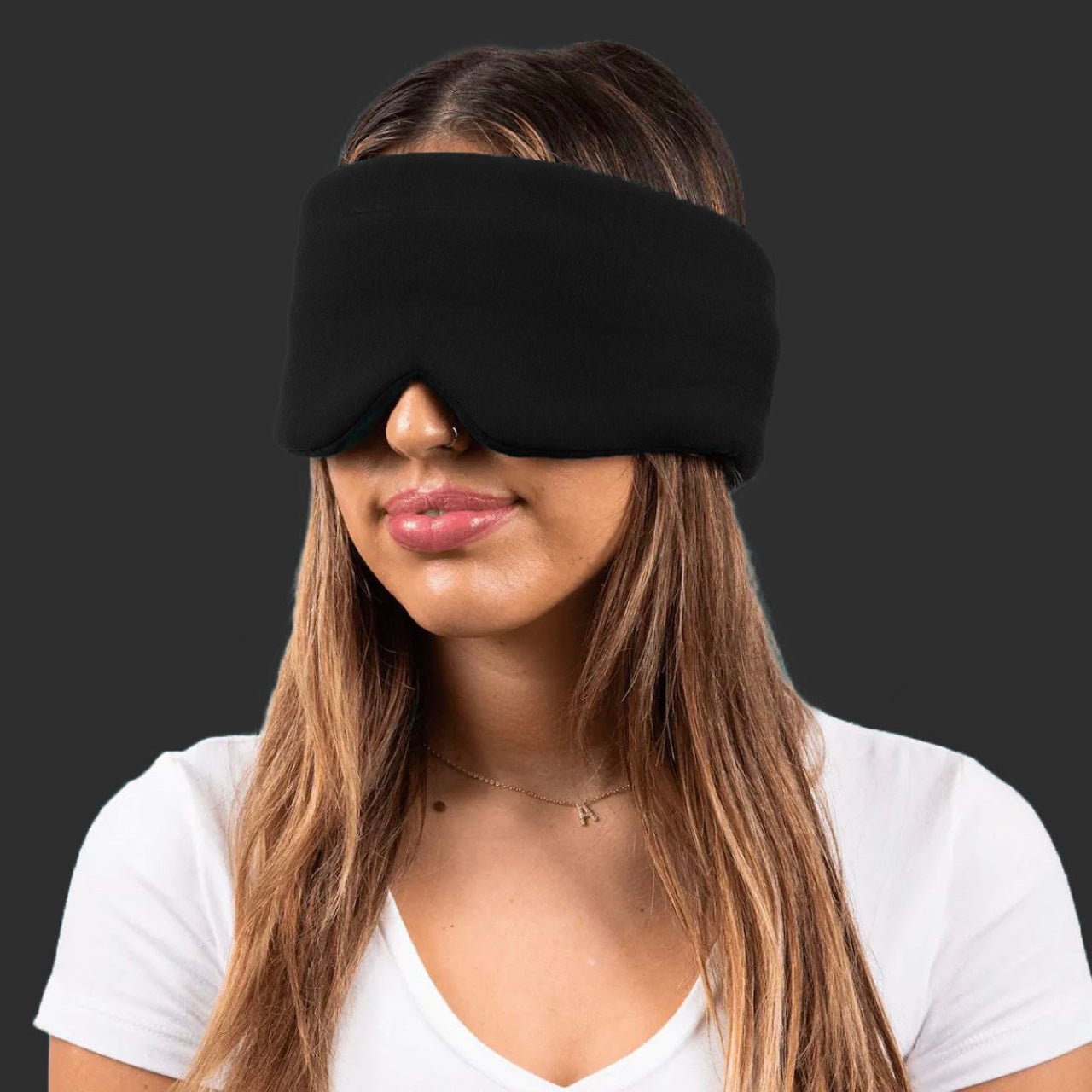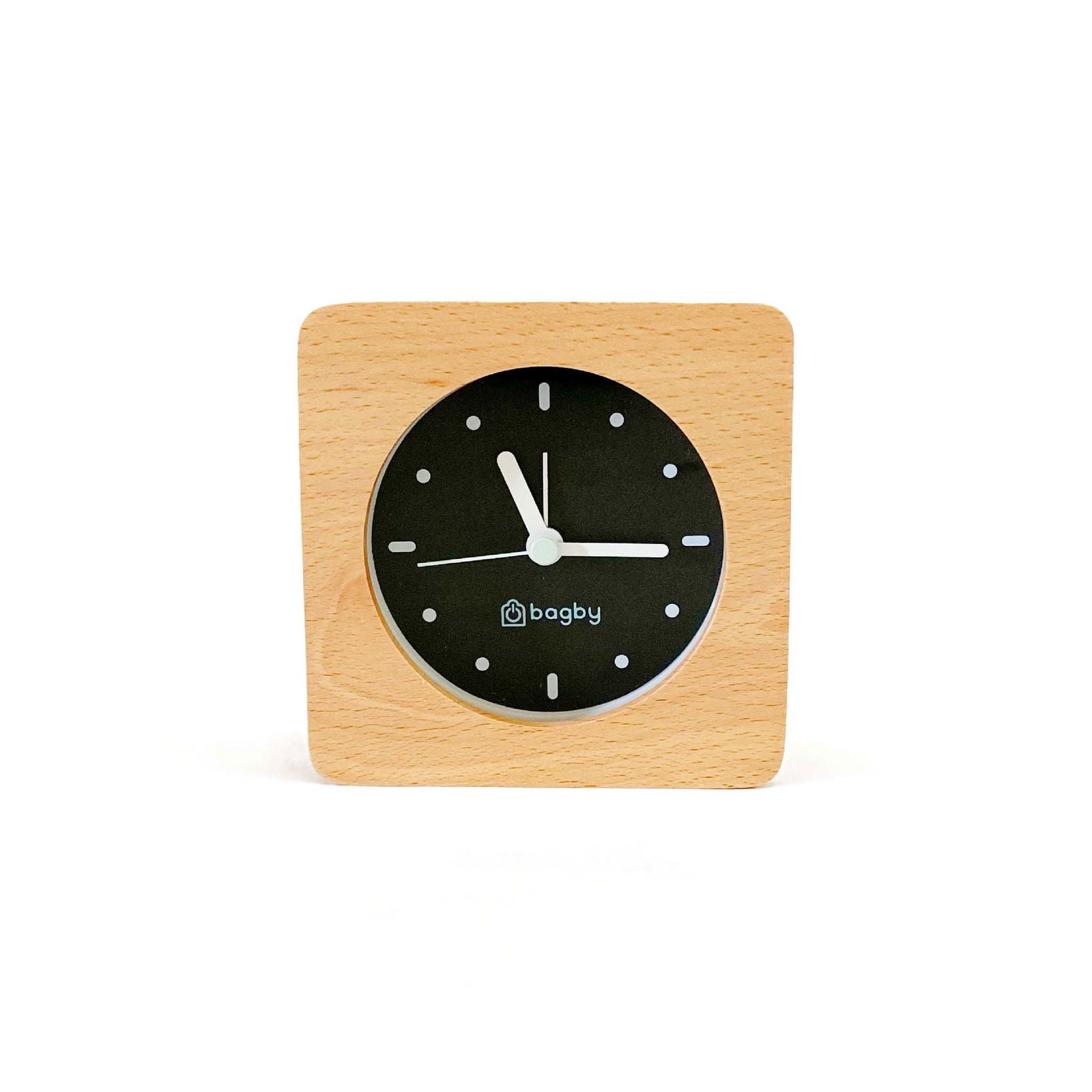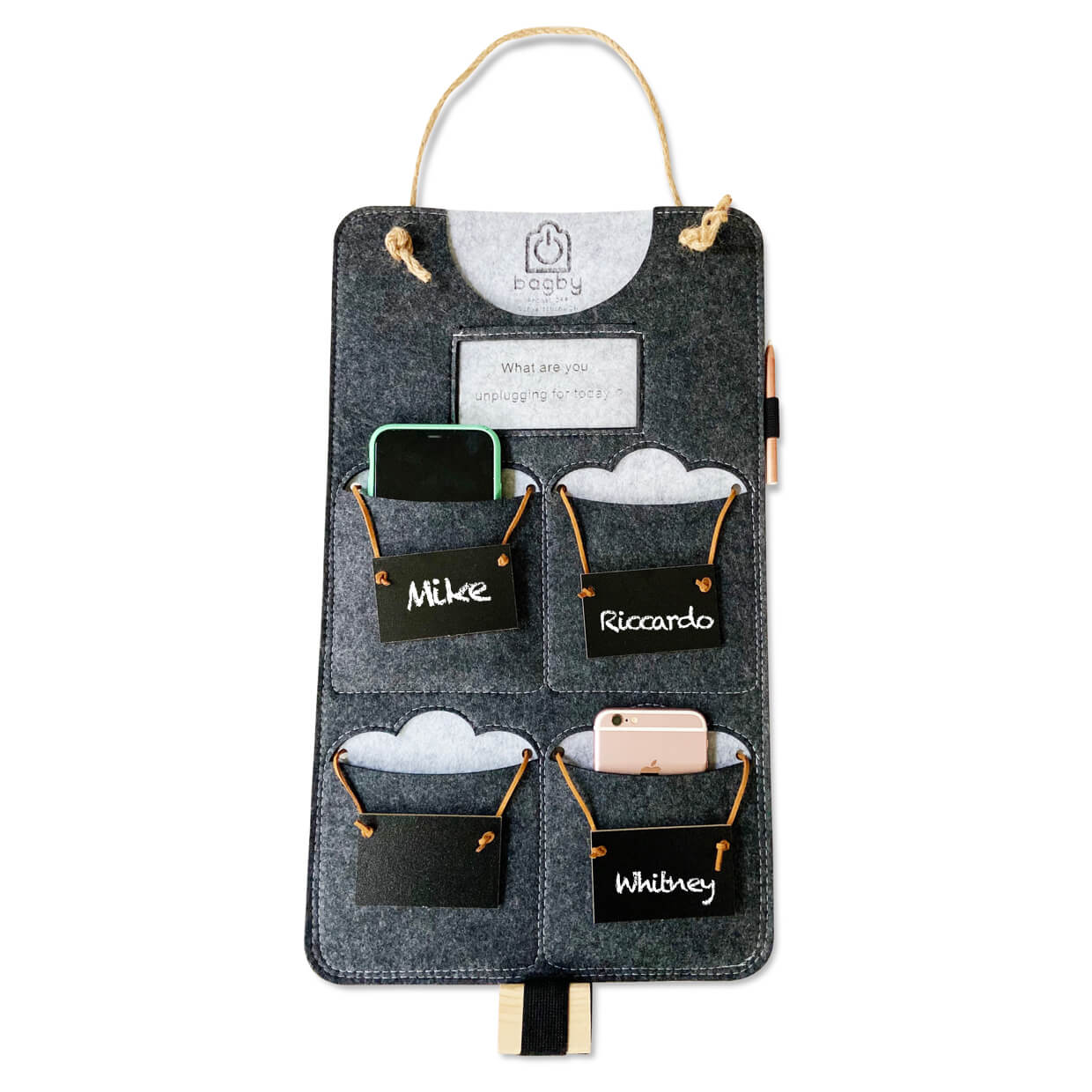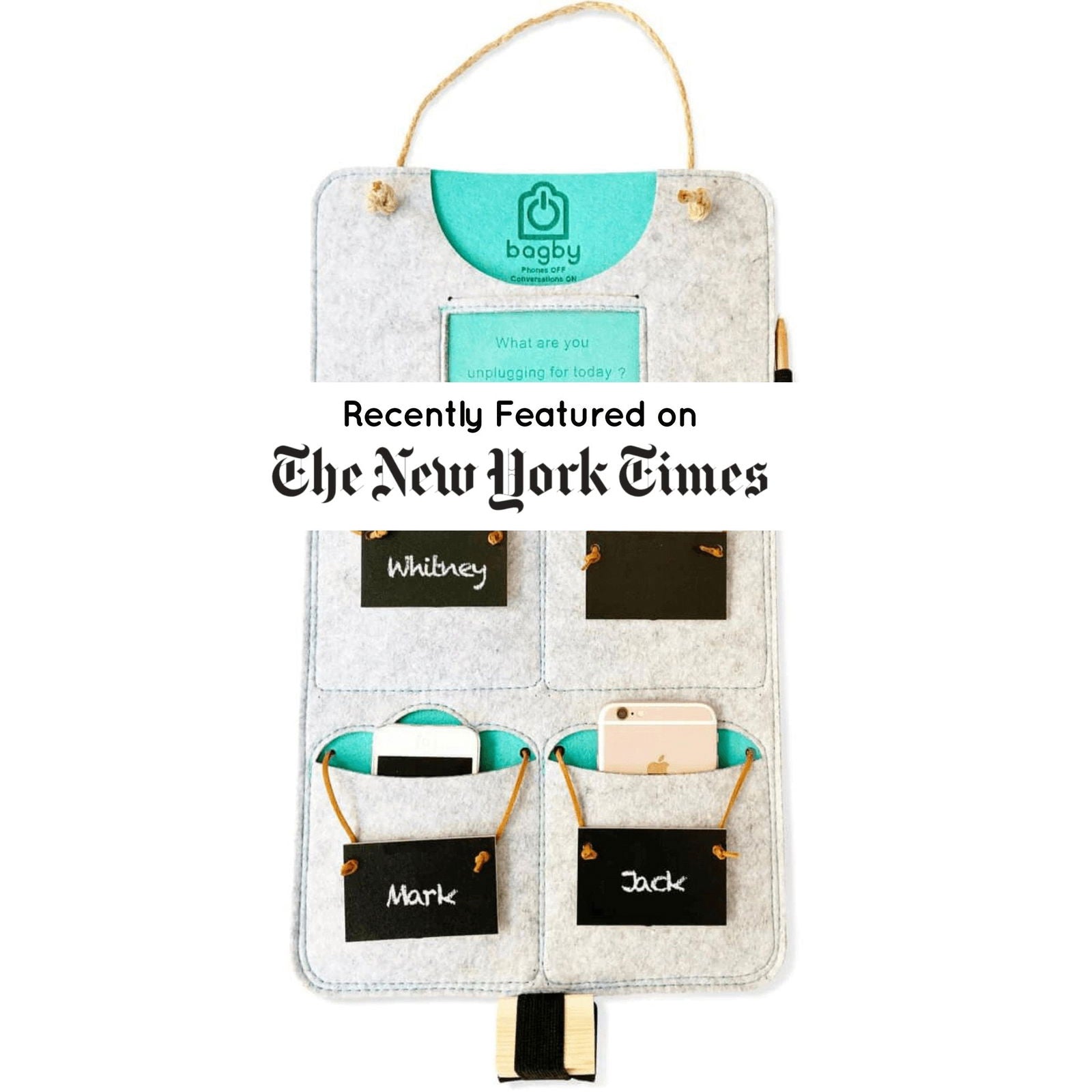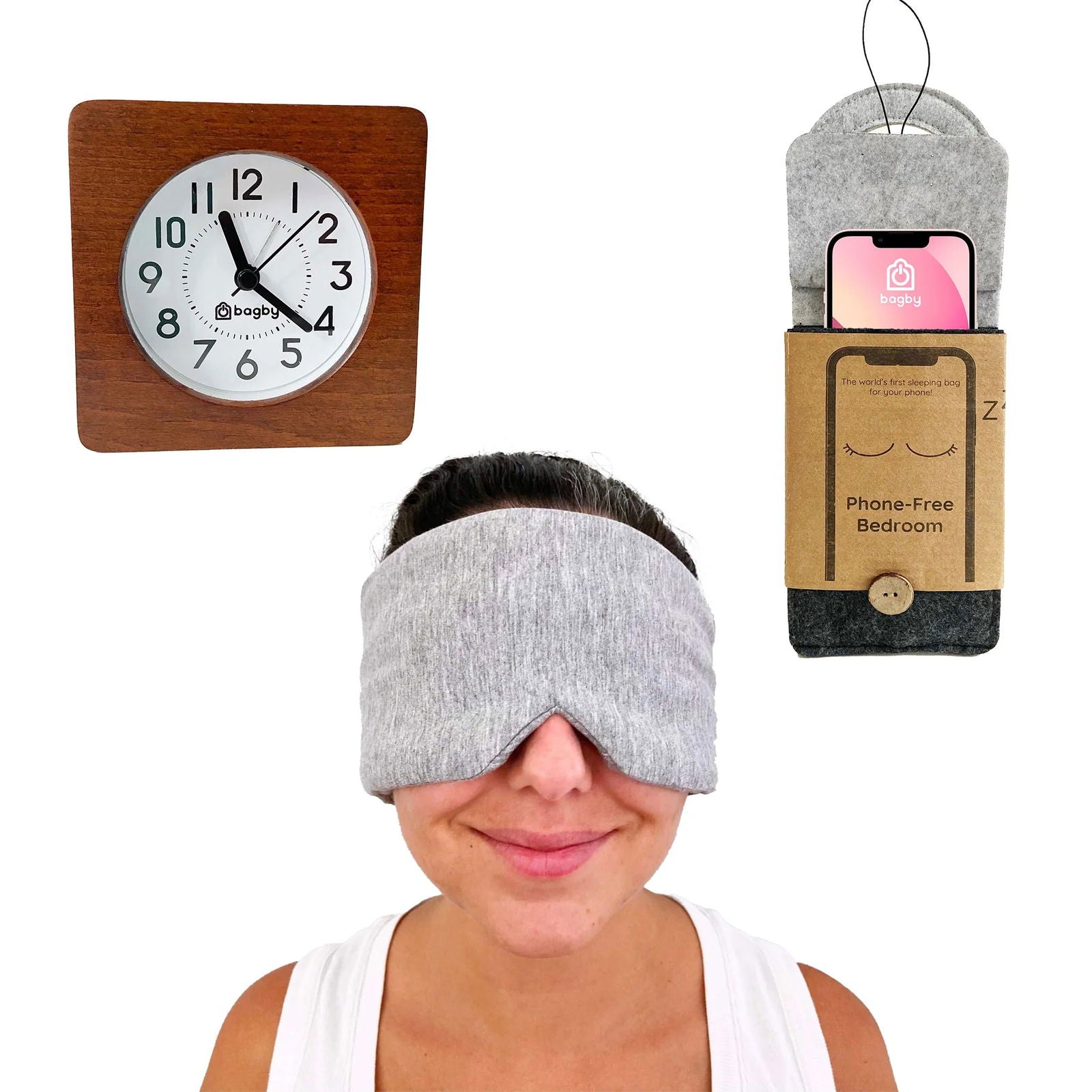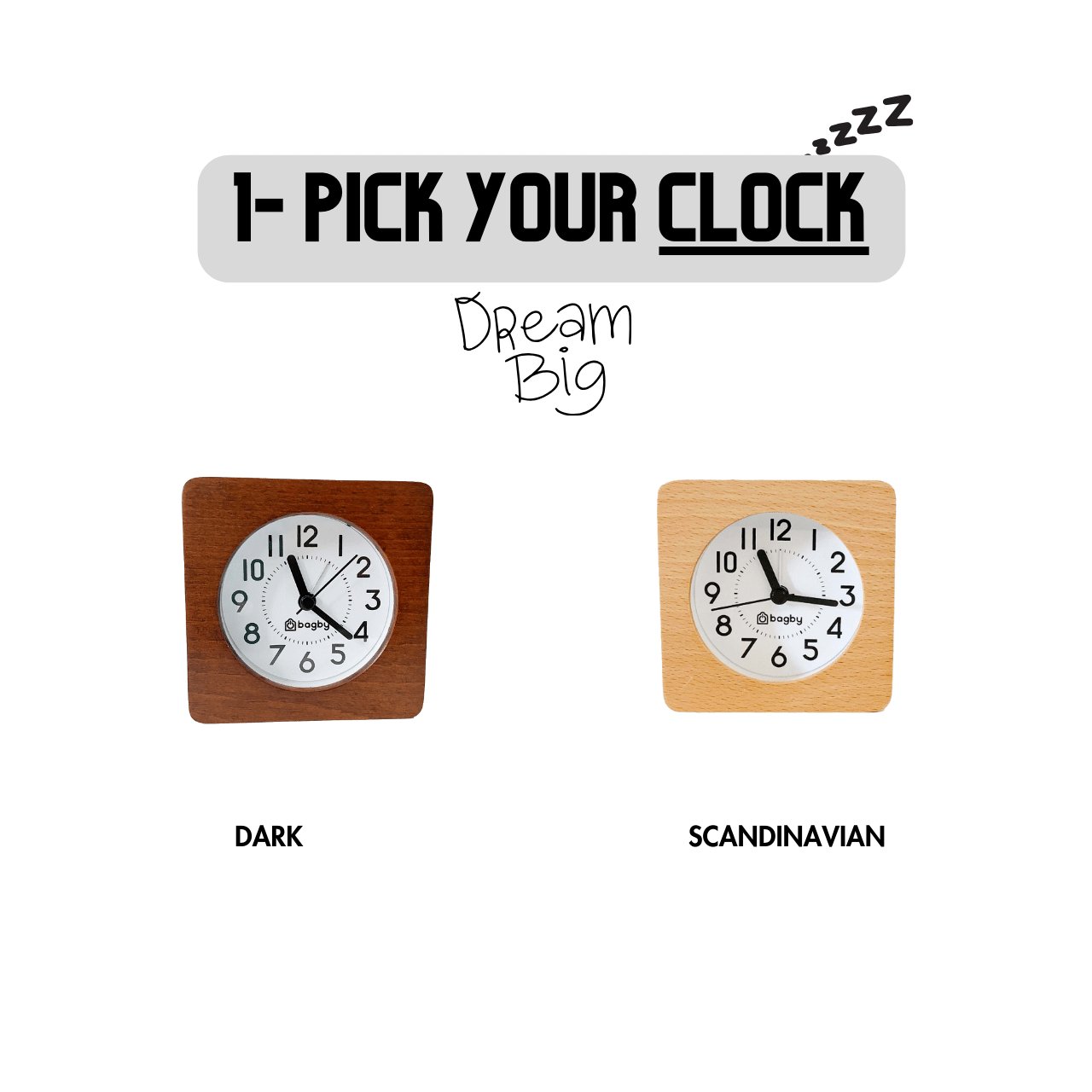Ever tossed and turned for hours, staring at the ceiling, wishing your brain had an off switch? Yeah—me too. In fact, over 30% of adults report having trouble falling asleep—and that stat barely scratches the surface for those silently struggling each night.
For me, the turning point came when I stopped fighting silence and started exploring the relationship between music and sleep. I wanted to know—can music help you sleep better or is it just another modern myth?
Turns out, there's real science behind it. And today, I’ll share everything I’ve learned (and tested) about using music to help you fall asleep, especially when your mind just won’t shut up.
The Deep Connection Between Music and Sleep
Why Sleep Needs More Than Just Silence
Let’s face it—life’s loud. Between deadlines, doomscrolling, and drama, it’s no wonder most of us struggle with switching off. And here's the thing: background noise and stress directly mess with your sleep cycles.
Even when you're exhausted, your brain might still be humming like a machine. That’s where soothing music to fall asleep comes in. Think of it like a warm blanket for your nervous system. When I started using music to sleep at night, I noticed I fell asleep faster and stayed asleep longer.
This is where I made a shift in my own life. I stopped relying on complete silence. I started to play music for sleeping that aligned with my natural rhythms—slow tempo, minimal lyrics, and calming tones. Think of it like pressing the 'sleep mode' button on your thoughts.
How Music Interacts with the Brain During Sleep
What blew my mind was this: music that helps you sleep actually changes how your brain operates at night.
Certain tracks sync up with your brainwave frequencies, especially the ones we experience during deep sleep. Ever heard of sleep music brain waves or delta wave music? These aren't buzzwords—they’re legit.
When we listen to calming music to get to sleep, our brain begins to match that rhythm, slowing down its activity. It’s called entrainment. It's like your brain says, “Cool, this is the vibe—I’ll match it.”
That’s why relaxing music to fall asleep to doesn’t just make you feel good, it literally prepares your body to rest. And guess what? Listening to the right kind of sleep inducing music can increase melatonin production too.
Melatonin = the hormone that tells your body, “It’s bedtime.” So yeah, in a way, good sleeping music might be better than any over-the-counter sleeping aid I’ve tried.
What Happens If You Listen to Music While Sleeping?
I get asked this a lot: “Is listening to music while sleeping good or bad?”
Short answer? It depends. Let me break it down.
|
Pros |
Cons |
|
Lowers heart rate |
Wrong music can be stimulating |
|
Reduces anxiety |
Lyrics can trigger thoughts |
|
Improves sleep quality |
Listening to music while sleeping with headphones may cause ear issues |
|
Helps with insomnia |
Can interrupt deep sleep if not set on timer |
The key is choosing the right music to help fall asleep and setting it up correctly—no headphones that dig into your ears, no blaring speakers that shock you awake.
I personally set up a playlist sleep music on low volume through a speaker near my bed. And I pair it with my Bagby NIGHT Sleep Mask so I can block out all light and really let the music work its magic.
In Image: Bagby NIGHT Sleep Mask
So, is it safe to listen to music while sleeping? If you ditch the headphones and go wireless, yes—absolutely. Just keep the volume low and avoid anything with high BPM or emotional lyrics.
Can Music Help You Sleep Better? The Science Speaks
What Studies Say About Music to Help You Sleep
If you’re wondering, “Does listening to music help you sleep or is this placebo?”—you’re not alone. I needed data too.
According to a relaxation music study published in Frontiers in Psychology, people who listened to music for sleep anxiety or insomnia music before bed fell asleep faster and experienced fewer nighttime awakenings.
Another study showed that consistent exposure to sleeping music 12 hours or even 30 minutes of music before bed improved deep sleep quality over time—especially for people struggling with stress or mild insomnia.
So yes, music that helps you fall asleep is not just fluff. It’s a practical, accessible, and effective tool. Honestly, music and insomnia might be more connected than we realise.
The Psychology Behind Music That Makes You Sleep
Ever noticed how some songs make you sleepy, and others wake you up? There’s psychology behind that.
Music that makes you fall asleep usually features:
- Slow tempo (60–80 BPM)
- Minimal lyrics or instrumental only
-
Calming music genres like classical, ambient, or nature sounds
Compare that to upbeat pop songs or EDM. While fun during the day, they trigger dopamine spikes and alertness—bad news when you’re trying to doze off.
Here’s a quick comparison of what works and what doesn’t:
|
Helps You Sleep |
Keeps You Awake |
|
Soothing classical music |
High-energy pop or rock |
|
Spatial sleep music |
Music with fast BPM |
|
Natural music for sleep |
Songs with dramatic lyrics |
|
Meditation music to study or sleep |
Dance music or rap |
I often go for calming music to help you sleep, especially tracks that don’t have vocals. They help me tune out the noise—both external and internal.
Does Music Help With Snoring While Sleeping?
Let me be real—music won’t fix snoring completely, but it can help you deal with it.
Here’s how: if your partner snores (or you do), relaxation music at night can mask the irregular sounds. It helps your brain focus on consistent rhythms instead of jarring ones.
Some research even shows that soothing music to fall asleep to can regulate breathing, which might indirectly ease snoring. Especially if stress is a contributing factor.
So yes, does music help with snoring while sleeping? Maybe not directly—but it helps you sleep through snoring without going full Hulk mode.
Is Sleeping With Music Safe?
This one’s important—because I used to fall asleep with headphones on until I woke up with sore ears. Big mistake.
Here’s what I learned: Is it bad to sleep while listening to music? Not if you do it right.
Avoid sleeping with tight earbuds or noise-cancelling headphones. It’s not just uncomfortable—it can be risky if your ears don’t get proper airflow.
Instead, I recommend speaker-based music setups. Set a sleep timer, choose a curated classical music sleep playlist, and get comfy.
And if you’re like me and light messes with your sleep, add in the Bagby NIGHT Eye Mask. It blocks out the world so the music can take over.
Choosing the Right Music for Night Sleep
What Makes Good Sleeping Music?
This is where the game changes. Not all music is equal when it comes to sleep.
What is good sleeping music? It’s music that:
- Matches the natural pace of your heartbeat
- Features low-frequency tones
- Doesn’t surprise you with loud sections
-
Helps regulate your breath and calm your mind
Think of it like a lullaby for grown-ups. The tempo, tone, and rhythm are what matter most. You’re aiming for music to fall asleep faster, not dance.
And if you want zero distractions while playing them, tuck your phone into the Bagby ORIGINAL Phone Sleeping Bag. Keeps the digital noise out, lets the music do its thing.
In Image: Bagby ORIGINAL - Sleeping Bag For Your Phone
Music for Sleep Anxiety & Insomnia
If your mind races at night—welcome to the club. For me, music for sleep anxiety was a game-changer.
Here’s what I learned: you need sleep therapy music that slows your breathing, lowers your cortisol, and grounds you.
That might mean:
- Soft music genres with minimal change
- Relaxing music to help sleep with predictable structure
-
Soothing songs to fall asleep to without emotional lyrics
Even during my worst insomnia, I found relief in music that helps you go to sleep because it acts like a sound-based anchor.
Pair that with a phone-free environment, maybe even the Bagby FAMILY Phone Organizer, and it becomes your evening ritual. One that doesn’t require pills, just sound and space.
In Image: Bagby FAMILY - Phone Organizer 6+1 Pockets
How to Listen to Music While Sleeping – The Smart Way
Is It Okay to Sleep While Listening to Music?
Let’s clear something up first: is it bad to sleep with music on?
Honestly, I used to think it was. I’d heard things like “sleeping with music ruins deep sleep” or “you’ll wake up tired.” But that’s only true if you go about it the wrong way.
If you're looping 12 hours sleep music on max volume or sleeping with tight earbuds, yeah—that's a problem. You’ll likely wake up feeling groggy or even get ear pain.
But done right? Listening to music while sleeping can feel like floating on a cloud.
I call it the “12-hour sleep music trap”—setting a playlist to loop all night without a timer. It sounds good in theory, but your brain needs some silence too. The trick is to use a music app for sleep that lets you schedule music to fade out after 30 to 60 minutes. That way, you’re not waking up at 4 a.m. to a sudden cymbal crash.
So, is it good to sleep with music? If you’re using soothing music that helps you sleep and letting it fade naturally—then yes, it’s not only good, it’s powerful.
Tools & Tips for Safe Sleep Listening
Alright, here’s how I do it smart—and safe.
I never sleep with headphones. Tried it, regretted it. Woke up tangled, sweaty, and sore.
Instead, I place a Bluetooth speaker across the room and keep the volume low. This way, I can still listen to sleep music without it being too close to my ears.
Here’s my personal setup:
|
Element |
Why It Works |
|
Speaker-based setup |
No risk of ear pressure or discomfort |
|
Sleep timer on app |
Avoids the all-night trap |
|
Low tempo playlist |
Perfect slow music for sleep |
|
Bagby CLASSIC Silent Alarm Clock |
No phone near bed, no blue light at 2 a.m. |
Trust me, waking up with the Bagby CLASSIC is a vibe. No buzzing phones. No shock-to-the-system alarms. Just a gentle nudge out of slumber—pair that with good sleeping music and you're golden.
In Image: Bagby CLASSIC - Silent Alarm Clock
I use a music app for sleep that includes tracks like music to help me sleep at night, music that helps you fall asleep, and even music that makes you go to sleep instantly. With the right gear, it’s simple and effective.
Does Sleeping With Music Actually Work for Everyone?
Here’s the truth: Not everyone gets knockout results from falling asleep to music on day one. Just like some people sleep like babies in silence, others need that gentle hum of background music for sleep.
But here's what worked for me—personalised sleep sound tests.
I’d rotate between different genres and see what my body responded to best:
- Sleep musical
- Soothing classical music for sleeping
- Natural music for sleep
-
Relax sleep song playlists
What helped me track this was journaling my sleep quality and pairing it with a relaxation music study app.
Eventually, I found my rhythm—literally. Now I know exactly what music helps me fall asleep and what keeps me up.
So if you're thinking, “Does sleep music work for me?”—give it a real test. Track it for a week. Then tweak the playlist. It’s all about creating your own relaxing sleep aid formula.
How to Create a Sleep Sanctuary with Music & Digital Wellness
Go Beyond the Playlist: Remove Digital Distractions
Here’s where it gets deeper. Music alone isn’t magic—you need the right environment too.
I realised that even if I used the most soothing music to fall asleep to, having my phone nearby still triggered anxiety. Notifications. FOMO. Late-night emails. It’s a trap.
That’s why I now use the Bagby FAMILY Phone Organizer—everyone in the house drops their phones in before bed. It’s like a tech detox vault.
And paired with the Bagby MAT No-Phone Desk Pad, it creates a workspace and sleep zone that’s totally screen-free.
In Image: Bagby MAT - No-Phone Desk Pad
Listening to music while sleeping works best when the rest of your space isn't feeding your brain mixed signals. You can't play calming music to fall asleep while doomscrolling Twitter. It just doesn’t work.
Combine Music With Other Relaxation Rituals
Want to take it up a notch? Combine great music to fall asleep to with simple nightly rituals.
Here’s what my wind-down routine looks like:
- Light stretching to mellow sleeping music 3 minutes
- Journaling under soft lighting
- Diffuser with lavender mist
- Bagby MINIMALIST Silent Alarm Clock (for a sleek, tech-free vibe)
-
Ambient music that puts you to sleep
This combo creates a sort of Pavlovian response. The moment the music starts, my body knows: "Alright, time to power down."
Remember, the goal isn't just music to fall asleep, it's about designing a state of mind—and your space plays a huge role in that.
When Music Doesn’t Work: What Else to Try?
If you’ve tried it all and music still doesn’t help, don’t worry—you’ve got other tools.
Sometimes your body just needs silence. Or maybe your brain needs more help unwinding. Here’s what I suggest:
|
Alternative |
Benefit |
|
Breathing apps |
Slows your heart rate naturally |
|
Nature soundscapes |
Mimics real-world peace |
|
Guided sleep meditations |
Combines relaxing music to aid sleep with breathing cues |
|
Bagby PEACE - Sleep Sanctuary Bundle |
Total phone-free sleep zone with everything you need |
The PEACE Bundle changed the game for me. It’s not just about blocking tech—it's about inviting calm in.
In Image: Bagby PEACE - CLASSIC Sleep Sanctuary Bundle
So if you're feeling like even the most relaxing music to fall asleep to isn’t cutting it, try stacking it with these tools for full effect.
FAQs: Music and Sleep Questions Answered
Q. Does Music Help You Sleep Instantly?
A. If you’re asking, “Can music help you sleep instantly?”—sometimes, yes. Especially when I’m exhausted, even music that makes you fall asleep in 1 minute can knock me out. But most of the time, it’s about consistency and training your brain to associate certain tracks with rest.
Q. What’s the Best Music That Helps You Fall Asleep?
A. This varies. For me, the best music to fall asleep to includes:
- Ambient piano
- Rain sounds
- Sleep music brain waves
-
Soothing songs to fall asleep to
Explore soft music genres like ambient, lo-fi, and classical to find your perfect match.
Q. Is It Dangerous to Listen to Music While Sleeping?
A. If you’re still wondering, “Is it dangerous to listen to music while sleeping?”—only if you’re using in-ear headphones or blasting music all night.
Use speakers. Use timers. Use your brain.
Q. Can Music Replace Sleep Aids or Melatonin?
A. For many people? Yes. Music healing sleep is real. I’ve personally ditched melatonin pills since discovering deep sleep music benefits. But it depends on your body.
Q. Can Listening to Music Stop Sleep Paralysis?
A. Interesting one. While there’s no hard proof, I’ve read that soothing music to help you sleep can help prevent stress-related triggers like sleep paralysis.
I say it’s worth trying.
Q. What Happens If I Sleep With Music Playing All Night?
A. It can affect your REM cycles. That’s why timed music to sleep with is better. Avoid all-night loops unless it’s super ambient like white noise or rain sounds.
Q. Does Classical Music Help You Sleep Better Than Other Genres?
A. In my experience? Absolutely. Classical music and sleep are a timeless combo. Especially slow compositions—peaceful music classical is a safe bet for most people.
Final Thoughts: Tune Out the Noise, Tune Into Rest
So—can music help you sleep better? 100%. But only when used intentionally.
Use calming music to fall asleep, set the vibe in your room, ditch your phone, and you’ll feel the shift in your sleep quality in just a few days.
You don’t need fancy apps or prescriptions—just a speaker, a playlist, and maybe a few Bagby tools to create the ultimate sleep sanctuary.
If you’re tired of waking up tired, I highly recommend trying music for sleeping and relaxation tonight.
And if you're serious about reclaiming your rest, go explore the Bagby PEACE Bundle, MINIMALIST Clock, or the ORIGINAL Phone Sleeping Bag.
Create your own peaceful rhythm—and finally, let your nights work for you.


